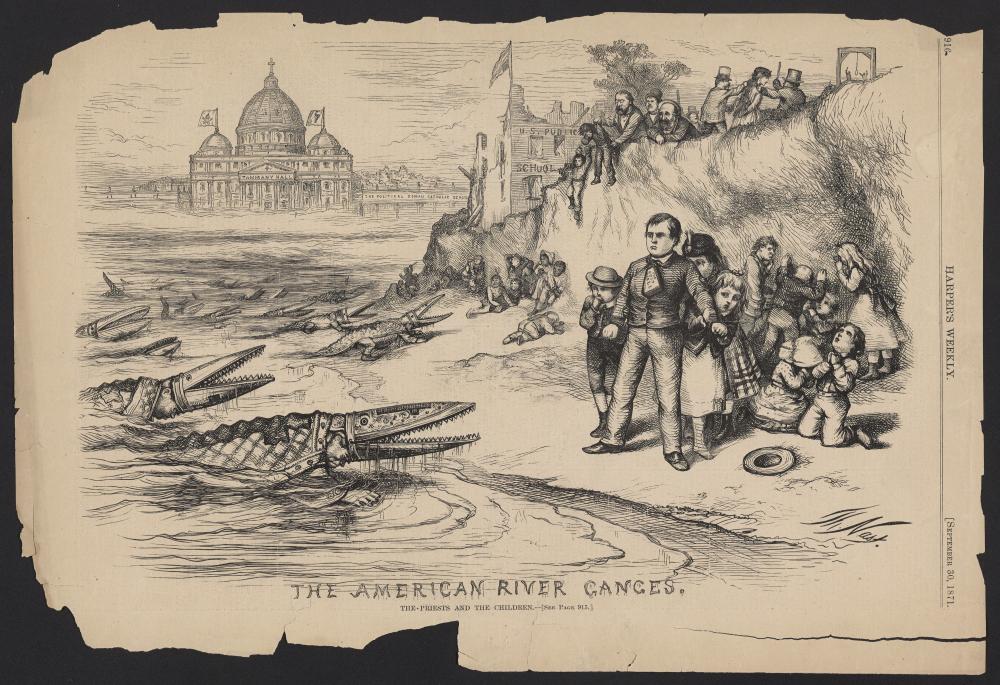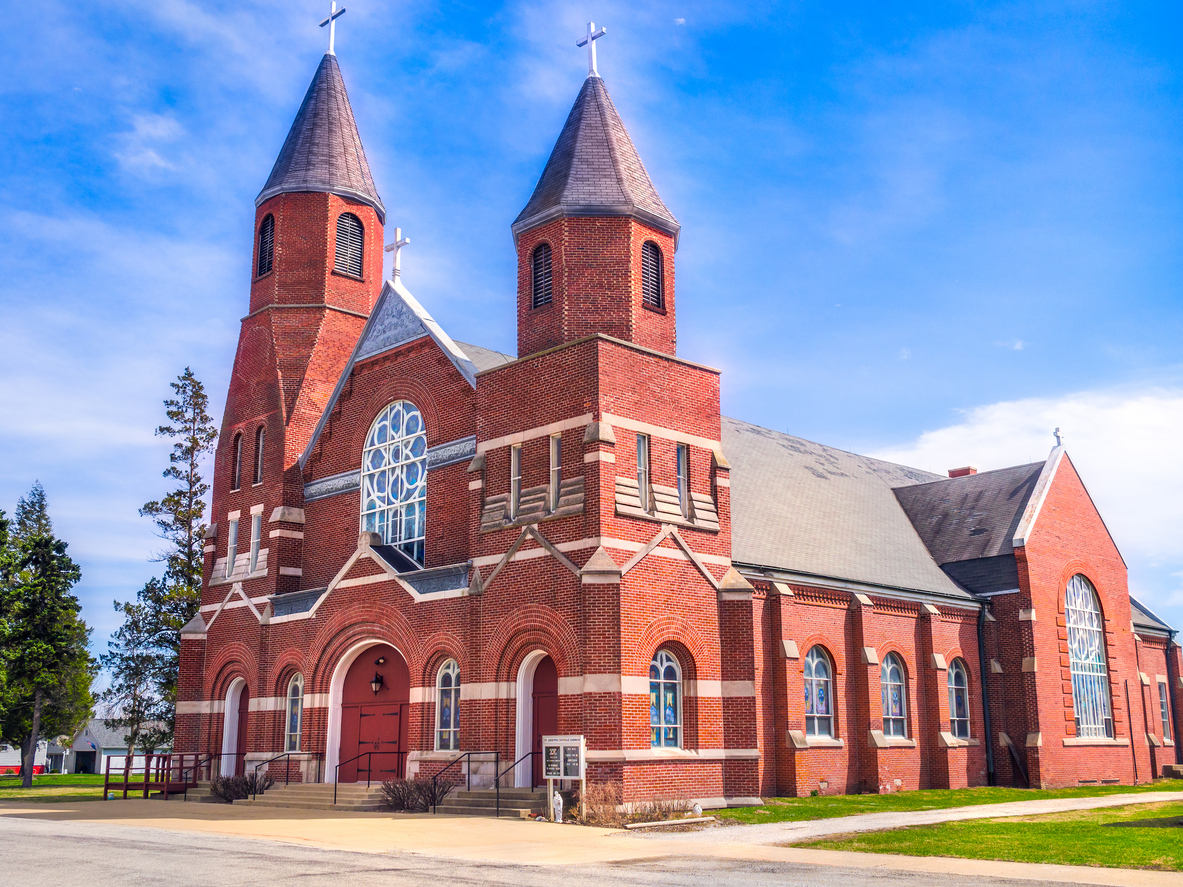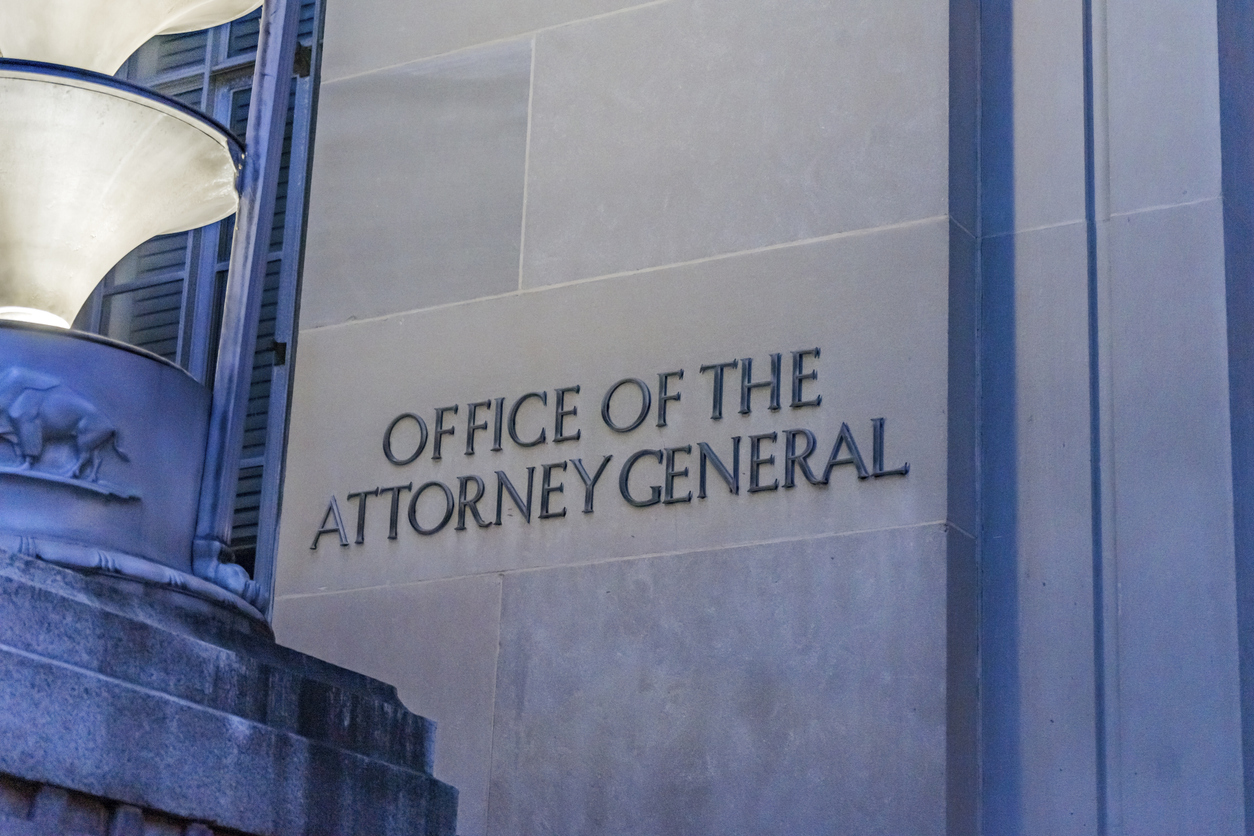St. Thomas More and the Virtue of Not Wasting Time
By Frank Devito
Speaking to the Good Counselor Project - Napa Legal Institute’s fellowship program for young, devout Christian attorneys - the great scholar of St. Thomas More, Dr. Gerard Wegemer, was asked a simple question: what does St. Thomas More have to teach young, committed, American Catholic attorneys in the twenty-first century? Dr. Wegemer’s response was, for me, the highlight of the entire program: “You need to pray and study. Seriously. This needs to be regular, every day.” Those words have the potential to be life changing and culture changing.
The world of news headlines and social media chatter makes it clear that it is not a gloss or a cynical exaggeration to worry that American culture is not producing people who use their minds and their time in a way likely to lead to excellence, human flourishing, and the qualities that make for great leaders and statesmen. This has dramatic negative effects on our society. Civilization suffers when people who should be great are using their time and energy in ways that make them mediocre. It is important to look closely at the state of those who should be our cultural heroes and saints, those who are blessed with the innate skills, talents, intellectual abilities, and personal qualities that incline them to be leaders. When these people are not formed by good culture and good habits, everything suffers.
Here let us turn to the great St. Thomas More, whose life and work provide a key insight into the difference between talented individuals who achieve greatness and those who are capable of greatness but who fail to live up to their potential. Most scholarship on More is focused on More’s decision not to support the divorce of Henry VIII, and so on More’s final imprisonment, trial, and death. Of course, this crisis and martyrdom was the pinnacle of his life, that which made him the most important man of his time. But every pinnacle has a long, steep path to arrive there. More’s life of prayer, study, and time well spent was his long, steep path to greatness.
Thomas More lived a life of prayer and study for decades. Perhaps he simply absorbed these habits by growing up in the last age of Catholic Merrie England. But it seems clear that More’s particular love for the life of prayer and study were solidified in the four years he spent living with the Carthusian monks in their monastery, the London Charterhouse. More was permitted to live at the Charterhouse without being a monk, as he pursued his studies. During these formative years, Dr. Wegemer explains the excellent foundation laid for More’s spiritual life: “More learned from some of the best spiritual masters of Christendom . . . developing his prayer life and achieving self-mastery . . . he began the spiritual practices he would maintain for the rest of his life.” Carthusian spirituality is among the most rigorous of contemplative religious life; here More developed serious habits of silent prayer, spiritual reading, and striving to be united to God in all things.
Further, while Carthusians are known primarily for their austere, silent contemplative life, Peter Ackroyd points out that the London Carthusians were famously intellectual, “as well known for their learning as for their devotion.” Besides the hours of prayer, the Carthusian monks occupied themselves with study, translation, and especially the copying of manuscripts. Study was not merely an academic exercise that would result in improved teaching or conversation - this is apparent because Carthusians were cloistered and silent, engaging in little teaching or conversation, usually none at all. Rather, study was seen primarily as a way to keep the mind focused on higher things - the good, the true, and the beautiful - and away from sinful or merely useless distractions. Study was, in a way, a continuation of prayer.
The life of the Charterhouse created in More a sense of order, purpose, and duty. Here, it was clear that people were meant to be occupied with God. This was evident in the focus on prayer and study, the atmosphere of silence, the lack of idle chatter. This was a place where God wanted people to live full, purposeful lives. This was a place where it was clear that time should not be wasted, because time was a gift given by God and meant to be used well. More brought this attitude with him when he left the Charterhouse and moved into the busy world of law and the public affairs of London.
By intentionally adopting a life of serious prayer and study, devoted to his family and his professional duties, Thomas More shows us a life that by definition cannot allow for wasted time. If one were to excuse anyone for not making sufficient time for prayer and study, More would be an ideal candidate: he was married with several children, ran one of the busiest and most successful law practices in London, served in a number of local government roles in the city, and eventually took on increasingly demanding roles in public service until he became an advisor to the King and eventually Lord Chancellor of England. In a letter he wrote to his friend Peter Giles explaining the unpolished product that was his Utopia, he apologizes for the delay in finishing the book and says that his tasks leave him no leisure for himself: “I am constantly engaged in legal business . . . I pay a visit of courtesy to one man and go on business to another. I devote almost my whole day in public to other men’s affairs and the remainder to my own. I leave to myself, that is to learning, nothing at all.”
Yet despite the incredible busyness of More’s family and professional duties, despite the fact that his obligations left him scarcely any time for himself, he prayed seriously. He taught himself Greek in his spare time. He wrote twenty books, as well as hundreds of poems and letters. How did such a dutiful husband, father, and public servant still find time for such a vibrant, serious spiritual and intellectual life? He made time for the things he loved, the things he had a duty to accomplish. And making time for those good things required More not to waste any time.
Peter Ackroyd describes life in the More household as follows:
“There were prayers each morning and evening in which the entire household joined; at table, passages of sacred scripture and biblical commentary were read aloud for the edification of family and guests. No games of dice or cards, or any form of gambling, were permitted among servants or children . . . On holy days everyone was awoken, in the middle of the night, for the appropriate Office. He might be said to have organized the household as a form of lay monastery . . . .”
This passage reveals the essence of More’s philosophy of life. Prayer in the morning, the evening, and on special feast days was regular. Meals, times where the family was gathered together anyway, were used for the spiritual and intellectual practice of hearing good reading. More used his time well to ensure he and his family prayed and studied together regularly.
The prohibition against gambling-type games might be best understood not as merely avoiding vice, but as avoiding activities that are a waste of time and that produce no good fruit. After all, More was not opposed to fun. He loved to joke; he played the lute; he combined instruction with fun and had his children learn the Greek and Latin alphabets by shooting arrows at paper targets representing the various letters.
Perhaps most importantly, More prioritized and cherished friendship. He kept in regular contact with his friends, both in person and through regular correspondence. These relationships allowed More to stay connected with good, like-minded people, to remain in good spirits during times of struggle, to share ideas, and to support, encourage, and sometimes admonish those he loved to continue to do what is good. More knew the many duties God required of him: prayer, family, friendship, law, public service, reading, writing, and studying. Because his life was so full of good things, there was no time to allow for the silly throwing of dice and playing of cards in such a life.
In these examples of life in the More household, a trend emerges. More and his family were not strict or puritanical. They pursued a wide variety of interests: they prayed and read scripture, studied various arts and sciences, learned languages and played music, told jokes and stories. All these things are wholesome, good activities for the body, mind, and spirit. But it seems nothing vain, nothing that was a mere waste of time, could be allowed. There were too many duties to tend to. No time could be spent on frivolities.
What lessons can be drawn from the personal and family life of More? There are many, but one worth focusing on, especially in the current age, is the importance and virtue of not wasting time.
St. Thomas More was a naturally gifted and brilliant man. He could have easily risen through the ranks of government, acquired wealth, and lived a comfortable life without trying very hard. If he had taken fewer legal clients and assumed fewer public duties, he still could have been a “success.” In that situation, he would have had much more free time for his own leisure. And while he didn’t have a smartphone, More could have spent his time mingling at local taverns, playing cards and chess, and passing the time in ways that were not sinful but also not good or productive.
Because of More’s understanding of duty, fortified by his Carthusian-inspired habit of prayer, study, and time well spent, More was much more than a successful 16th century Londoner. His disciplined intellect led him to counsel cardinals and kings, battle with Martin Luther, and educate his children, among whom was his daughter Meg, still remembered as one of the brightest women of her generation. His spiritual life fortified him in prayer and virtue, allowing him to become the man who would sacrifice everything out of love for and duty to God, remaining to his very last day “the King’s good servant, and God’s first.” The virtue of not wasting time, of committing to daily prayer and study, transformed a talented man into one of the greatest lawyers, statesmen, and saints in history.
In the age of television screens and smartphones, there is even more opportunity to waste time today. Everyone has the ability to live a good life, full of reading and singing, storytelling and laughing, loving and being fully alive. Wasting hours a day on screens and other vices robs people of the ability to live good, fulfilling lives. The culture and society suffer as a result.
The problem becomes perhaps more pronounced with people of exceptional talent and intellect. People who possess intelligence, personal skills, and ambition at high levels have little problem achieving worldly success. They occupy high positions in our academic institutions, our corporate c-suites, our federal government, and our religious organizations. This is to be expected: there will always be a natural tendency for the most talented and intelligent people to rise to the top. But what happens when most of the people occupying these positions waste much of their time and talents on frivolities? Yes, they generally get their jobs done. They teach their classes, publish their papers, increase their companies’ bottom lines, pass their statutes and regulations, serve their constituencies. They are talented; they can do the bare minimum with ease and have hours left to spare each day.
Imagine a world where those same elites commit to prayer and study, to not wasting their time. Imagine if more government officials, CEOs, and academic administrators deleted their social media accounts, got control of their screen use, and decided to use their time well. Imagine if they started learning classical languages, writing poetry, studying the great books. Imagine if they committed to improving themselves with virtuous intellectual, spiritual, and moral habits for the sake of living great lives, advancing the common good in society, and not wasting the limited time they have on this earth.
The task of orienting natural leaders toward excellence and the common good often seems like a pipedream: simple to prescribe and completely unobtainable. But remember that St. Thomas More was just one man, and his choice to use his time well, to pursue ordered, dutiful greatness changed history.
So perhaps there is no easy fix to our distracted and mediocre culture, little hope that elite institutions will suddenly start forming their students to love true learning, virtue, and time well spent. But it doesn’t have to start there. The process has to start with us. Every reader of this little article has the intellect and the talent to be great. A simple inventory of one’s use of time - waking hours per day minus family and professional obligations - reveals that nobody has zero leisure time. Where is the time going? Scrolling social media feeds? News? Television shows or TikTok videos? Cleaning up the use of one’s leisure time can have transformational effects. Put down the smartphone and start learning Latin or Greek. Cancel Netflix and spend a few minutes a day putting together that book you always wanted to write. Roll up your sleeves and get involved in the work of a needed religious organization. There is a tremendous opportunity to recognize how much leisure time one has, how poorly one is currently using it, and the great potential that time has to be spent for the good. The temptation is to believe that we, personally, don’t waste that much time. We aren’t as bad as most people. But we aren’t called to be better than most. We are called to be great. If we are honest with ourselves, we are not great.
St. Thomas More was only one man. He was so talented and brilliant that he could have wasted his leisure time and still been successful. His choice not to waste time but to devote it all to God, particularly through prayer, study, and the cultivation of virtue, made a major mark on the history of western civilization. Because of More’s commitment to excellence and time well spent, we have his Utopia; we have thousands of lawyers involved in St. Thomas More Societies; we have lawyers and politicians still inspired by his example nearly half a millennium after his death; we have the powerful witness of one willing to stand up to authority for the sake of truth, to choose to die “as the King’s good servant, and God’s first.” If even one person accepts the example and the challenge of St. Thomas More to stop wasting time and clean up his use of leisure, it could change the culture. It could even change the world. As we celebrate the feast day of the great St. Thomas More on June 22, let us ask him to intercede for us and for our life on earth, that each of us may dare to be that one person, dare to be like St. Thomas More. Let us stop wasting time and, with God’s help, dare to be great.
.png)




